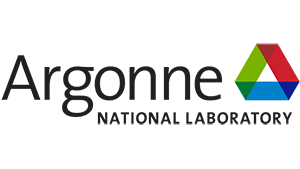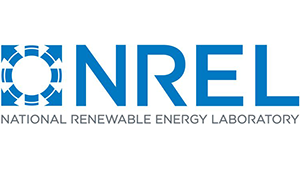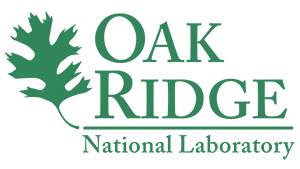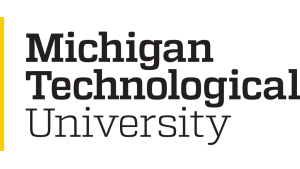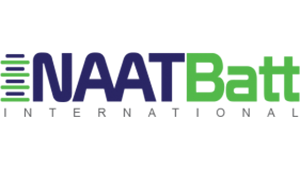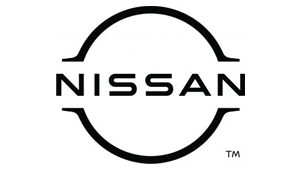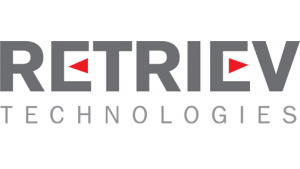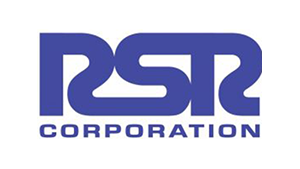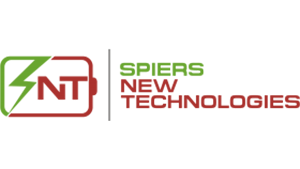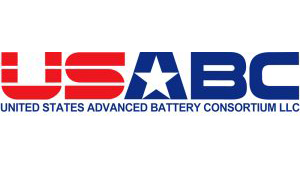Lithium-ion batteries contain a large variety of materials in a complex battery design that must be separated for effective recycling. These batteries were designed to optimize performance, not to optimize the ease of end-of-life recycling. The best recycling method often depends on the chemistry of the battery. Yet, many of the chemistries of advanced batteries are still evolving, making the best recycling methods a moving target.
By leveraging the R&D expertise of the collaborators, the ReCell Center, takes a closed-loop approach to battery design and recycling. As best practices for recycling methods for battery disassembly and material separation are developed, they will be factored into the design of new batteries to further improve material recovery and battery performance. The partners will focus on upgrading technology for recovering materials, developing new methods to reuse materials, and optimizing recycling processes.

